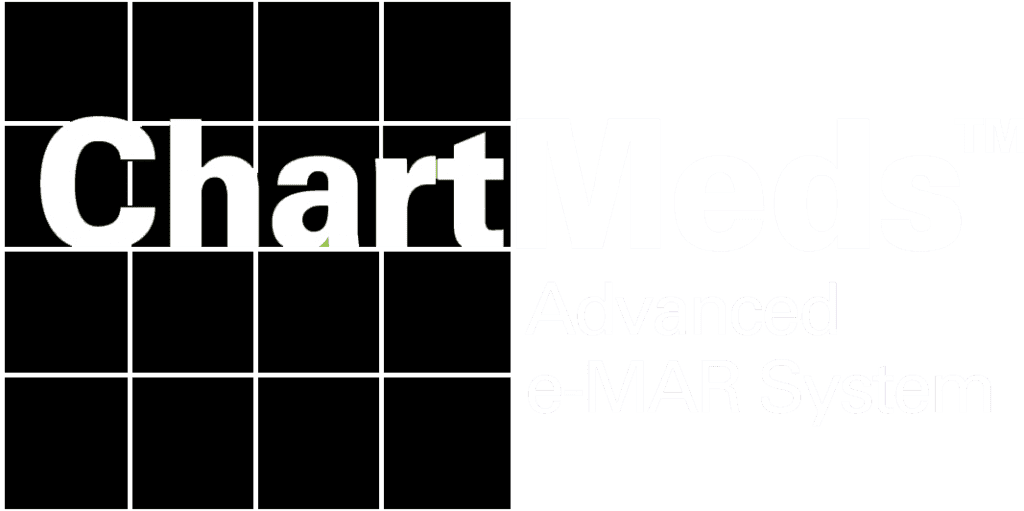Electronic Health Record (EHR) software is a critical tool that has revolutionized how healthcare services are delivered in recent years. In the context of public health management, EHR software can help to improve patient outcomes, streamline workflows, and enhance communication among stakeholders in the healthcare industry.
If you are considering implementing EHR or exploring a new EHR software for your organization, this guide is for you. Here, we will cover how EHR can help Public Health Managers navigate complex work environments, including organizations that may have to share resources and personnel across county lines due to capacity and bandwidth limitations.
Challenges in Public Health Management
Public health management comes with a range of challenges where EHR can provide valuable benefits on an ongoing basis, including:
- Limited Resources: Staffing and funding shortages, inadequate infrastructure and technology, and limited access to care in rural areas are some of the challenges that public health managers face.
- Complex Work Environments: Interagency and inter-organizational collaboration, managing public perception and engagement, and balancing privacy and public health are some of the complexities that public health executives are tasked with navigating on a daily basis.
- State Population Health Analysis: State government departments of health require timely access to data to act swiftly when necessary, as evidenced by the recent pandemic. The data must be normalized to avoid duplication and incomplete data sets.
Benefits of EHR Software in Public Health Management
The benefits of EHR software in Public Health Management are vast, and they include:
Improved Patient Outcomes
EHR software can help to improve patient outcomes by providing healthcare professionals with access to accurate patient data, streamlining workflows, and enabling timely and accurate clinical decision-making. With EHR, healthcare professionals can access patient records from anywhere, allowing them to provide better and more efficient care with access to more complete and collaborative medical histories.
Better Health Surveillance and Reporting
Public health organizations have an increased burden to monitor the health status across entire populations, such as identifying disease outbreaks, trends, and the compliance and reporting standards that follow. By automating data collection and analysis, and integrating to either a data warehouse or Health Information Exchange (HIE) with an electronic Master Patient Index (EMPI), EHR software enables public health managers to track and detect trends or outbreaks in real time. Additionally, the software can also generate reports and statistics that are vital for public health research and policymaking.
Streamlined Workflows
When resources and bandwidth are strained, automation can relieve much of the administrative burden from healthcare staff. With EHR software, you can utilize its automated features to streamline documentation, data collection, and reporting so that you can focus more on providing care to patients.
Increased Efficiency and Cost Reduction
With any healthcare entity, daily operationscan result in costly expenses. When your administrative staff has access to accurate and detailed health records, this can aid in reducing duplicated tests and procedures, utilizing resources efficiently, and reducing staffing costs by optimizing staff schedules based on data.
How EHR software can help Public Health Managers in Limited-Resource Environments
In healthcare environments where limited resources are common obstacles, such as rural areas with smaller populations, EHR can also provide additional benefits such as:
Improved Interoperability
Improve data sharing and communication, and facilitate seamless interagency collaboration. In rural areas where resources are more limited, interagency collaboration is vital for effective healthcare delivery. EHR software can facilitate data sharing and communication among stakeholders, ensuring that everyone has access to critical patient data and public health information.
Support Telehealth and Remote Care
EHR solutions are a natural extension for providers that facilitate care through telehealth and other forms of remote care. Doctors that treat patients over the phone or the internet can better track, document, and organize patient data using an intuitive and secure platform that supports their operations.
Take Your EHR Capabilities Further with Integrative
EHR software is a critical tool that can help public health managers navigate complex work environments, including rural healthcare environments and others with limited resources. While public health management involves a wide range of challenges, EHR software can help to overcome these obstacles, ensuring that healthcare services are delivered effectively, efficiently, and with the utmost care.
At Integrative, we offer a holistic suite of innovative workflow optimization solutions for healthcare administrators, including EHR to help you better utilize resources and make the most informed decisions possible. To learn more about how we can assist your organization, connect with us today.









